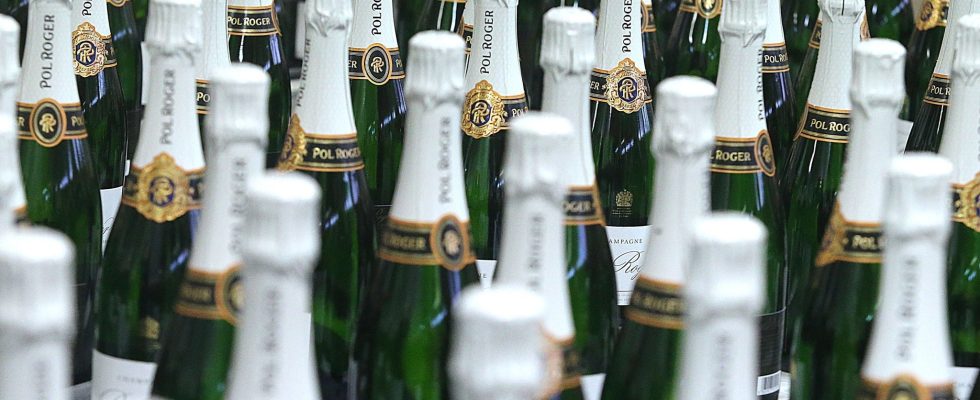One week before Christmas, it is time to prepare in many families. Nevertheless, the league against cancer is sounding the alarm this Monday, December 18. A study, entitled “The French, children and alcohol” commissioned by the League Against Cancer and carried out by OpinionWay, reveals that 70% of French people find it acceptable to let young people taste an alcoholic drink before the age of 18. They also “30% estimate that it is possible to serve alcohol to adolescents under 15 years old”.
A danger of addiction
According to the survey, almost a third of French people consider that the end of year celebrations are “the right time” to introduce children to alcohol for the first time (32%). “A figure which attests to a large lack of awareness of the dangers of alcohol, deplores the League. And particularly of the risk of developing an addiction which can result from early consumption of alcohol.”
The association denounces the trivialization of alcohol “in French culture” and recalls that it is responsible for 28,000 new cases of cancer per year. The cause: ethanol, which attacks cells and in particular DNA, promoting the development of tumors in the digestive system, liver or breast, points out the newspaper Release. “And the earlier we start, the more the effects of alcohol are increased, since the organs are not finished, they are under construction,” warns Doctor Emmanuel Ricard, spokesperson for the League Against Cancer, at microphone France Inter.
Still according to the same survey, 41% of French people also think that allowing young people to taste alcohol exceptionally has no consequences. An observation widely denounced by addictologists. “From the moment we encounter a potentially addictive substance before the age of 15, we are even more likely to lose control. This is an age when the brain is particularly vulnerable to the influence of substances psychoactive”, assures Jean-Michel Delile, president of Fédération Addiction, to BFMTV.
Alcohol consumption for parties deemed “essential”
The average age considered acceptable for giving minors a taste of alcohol for the first time differs depending on the drink. It is 15 years for cider, 16 years for champagne, beer and wine and 17 years for strong alcohols, according to the OpinionWay study.
Other figures from this study, more than half (53%) of French people plan to “lower the alcohol budget due to inflation”, but almost 4 out of 10 French people (39%) consider alcohol consumption for end-of-year celebrations as “essential”.
“Our country has always had an ambiguous position regarding alcohol. The paradoxes of prevention messages and messages sent by public authorities who often only act with moderation,” summarizes Daniel Nizri, president of the League Against Cancer. The recent cancellation of two alcohol prevention campaigns prepared by Public Health France, one of which was to be broadcast this fall during the Rugby World Cup, is an example.
